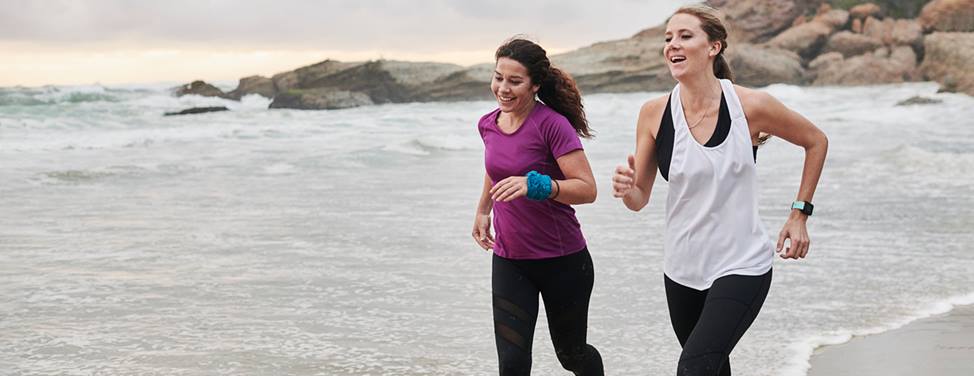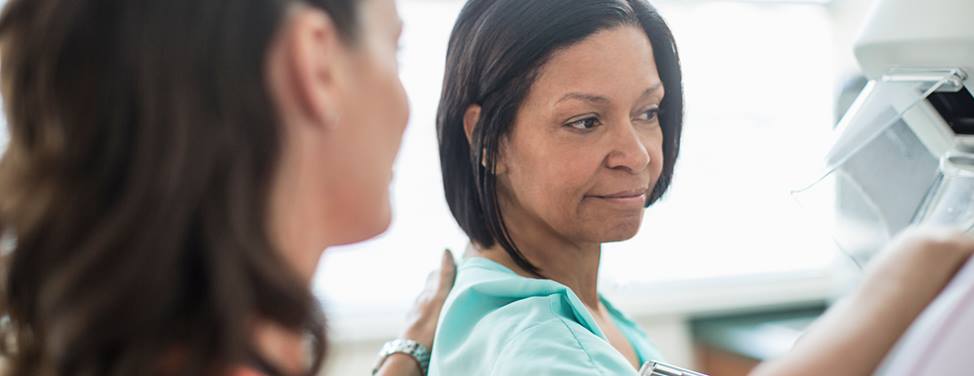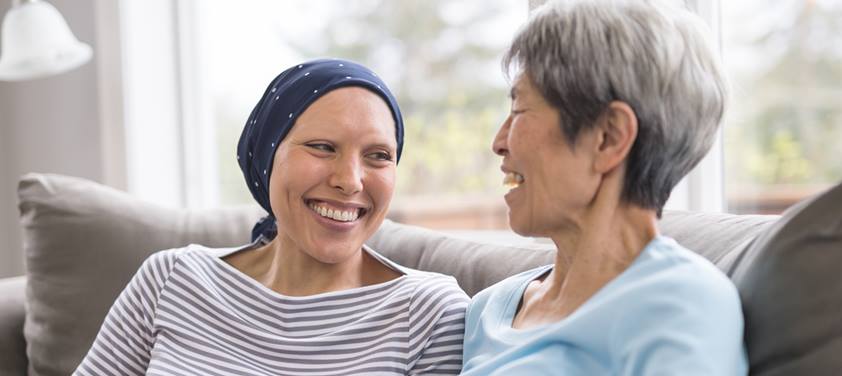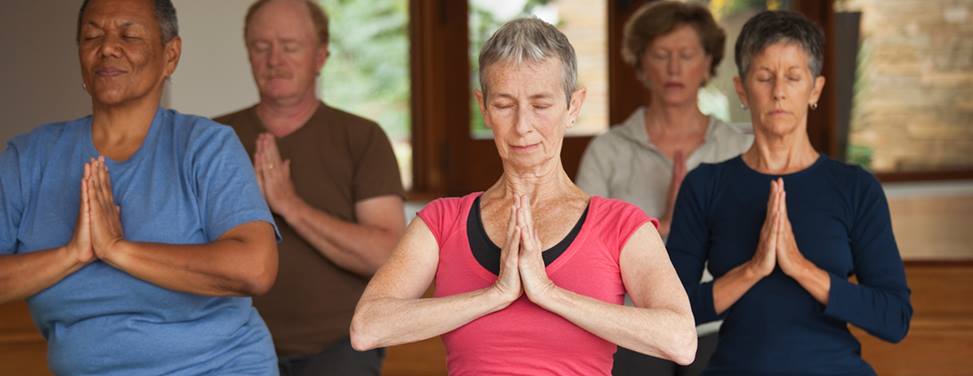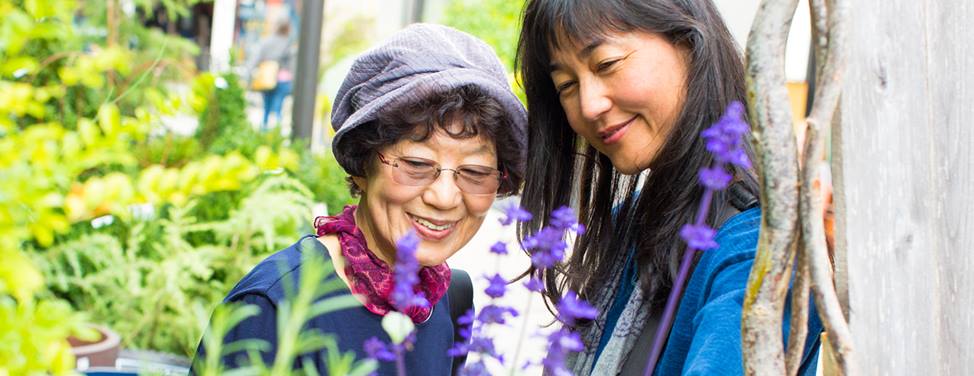While lifestyle factors aren't the only predictors of who gets breast cancer, they play a part. The following can help reduce your risk:
Maintain a healthy weight
Patients who are overweight, especially after menopause, have an increased risk of developing breast cancer. Researchers believe this is because fat tissue can produce estrogen (and estrogen exposure is linked to breast cancer).
Limit or avoid alcohol
Any amount of alcohol increases your risk for breast cancer. Research shows that greater alcohol consumption is linked to higher breast cancer risk. Avoiding alcohol is ideal, but if you do choose to consume it, limit yourself to no more than three to five servings per week.
Stay active
We recommend:
- Getting a weekly total of 150 to 300 minutes of moderately intense activity (exercise that you can do while holding a conversation), or 75 to 150 minutes of vigorous activity, or a combination of the two
- Strength training and stretching to improve balance and flexibility about twice a week
- Limiting sedentary activities, such as watching TV
Eat a healthy diet
We recommend a plant-based diet rich in whole grains, vegetables, fruits and beans. Incorporate brightly colored or strongly flavored vegetables and fruits into your diet. Limit red and processed meats, sugary drinks and sodas, and processed foods high in fat and starch.
For new mothers, consider breastfeeding
Studies show that breastfeeding for at least one year is associated with a decreased risk of breast cancer. However, the decision on whether to breastfeed your baby is a personal one. The knowledge that breastfeeding may slightly reduce breast cancer risk is just one of the many factors to weigh.
Avoid smoking
Although the association between smoking and breast cancer risk isn't clearly established, smoking is strongly discouraged because it clearly raises heart disease and lung cancer risks.
Manage stress
Although there's no proven link between stress and elevated breast cancer risk, reducing stress levels likely benefits overall health. Helpful practices include:
- Deep breathing and meditation
- Regular exercise that includes stretching
- Taking breaks from news reports and social media
- Seeking help from a psychologist, social worker or professional counselor if you face ongoing high levels of stress








